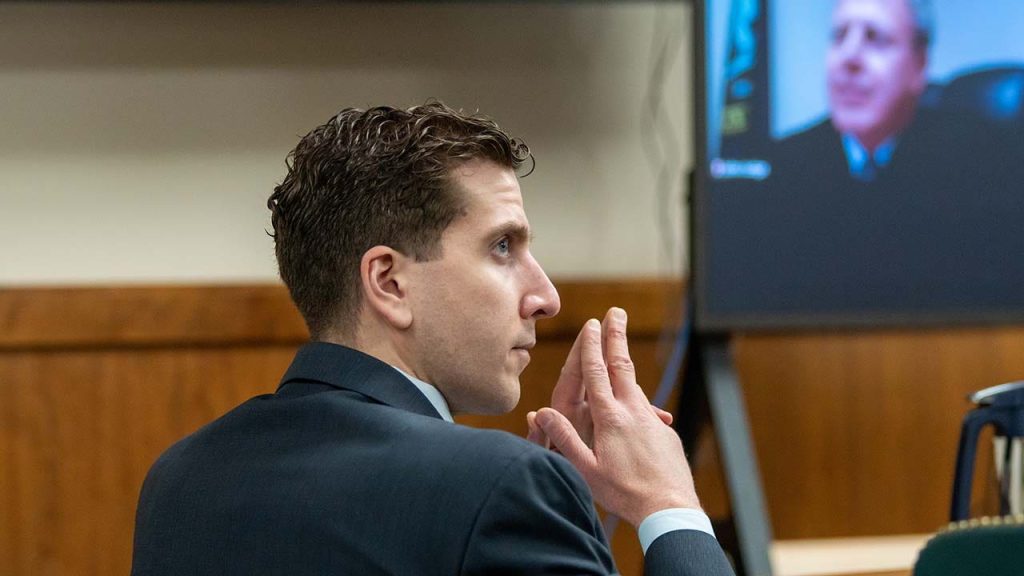Bryan Kohberger, a 29-year-old former criminology Ph.D. student, is facing four counts of murder and burglary in Idaho after allegedly killing four University of Idaho students in November 2022. His defense team is opposing the death penalty for multiple reasons, including claims that Idaho lacks a viable method for carrying out capital punishment, the state’s method for obtaining a death penalty punishment is unconstitutional, and a capital murder case cannot be prepared in just 10 months. Additionally, his attorneys argue that the death penalty violates the prohibition against cruel and unusual punishment, as outlined in the Eighth and Fourteenth Amendments of the United States Constitution.
The defense team also contends that death by firing squad, the second legal execution method in Idaho after lethal injection, is not and was never constitutional. They argue that punishment that does not align with the evolving standards of a modern, civilized society is cruel and unusual, citing the abolition of capital punishment in many modern nations as evidence that the institutional killing of civilians prisoners is an affront to human dignity. They highlight that the United States has faced condemnation from the international community for continuing to execute its own citizens, emphasizing the incompatibility of capital punishment with modern societal values.
Prosecutors have countered the defense’s arguments by stating that they are simply trying to enforce Idaho law, which grants a jury the right to decide not only guilt but also potential penalty. They reject the characterization of their efforts as trying to kill someone, viewing it as an emotional appeal that has no place in the courtroom. Despite the defense’s challenges to the constitutionality and moral implications of the death penalty, prosecutors are working to fulfill their legal responsibilities under Idaho law and have emphasized the importance of adhering to due process.
Kohberger’s defense team has raised concerns about the methods of execution permitted by Idaho, arguing that both lethal injection and firing squad would violate his constitutional rights to be free from cruel and unusual punishment and to due process. They assert that the state’s parameters for carrying out the death penalty do not meet the standards of a modern, civilized society, and therefore, the punishment is not appropriate in this case. They are calling for a reconsideration of the death penalty and are pushing for a different outcome in Kohberger’s trial, which is set to begin no later than the summer of 2025.
The quadruple murder case involving Bryan Kohberger has sparked a legal debate over the appropriateness of the death penalty in modern society. While the prosecution is seeking to uphold Idaho law by pursuing the death penalty, the defense has presented compelling arguments against it, citing constitutional violations and moral concerns. The upcoming trial will be crucial in determining whether Kohberger will face capital punishment or another form of sentencing, as both sides continue to advocate for their respective positions in the legal proceedings. The outcome of this case could have significant implications for how the death penalty is implemented in Idaho and potentially impact broader conversations surrounding capital punishment in the United States.














